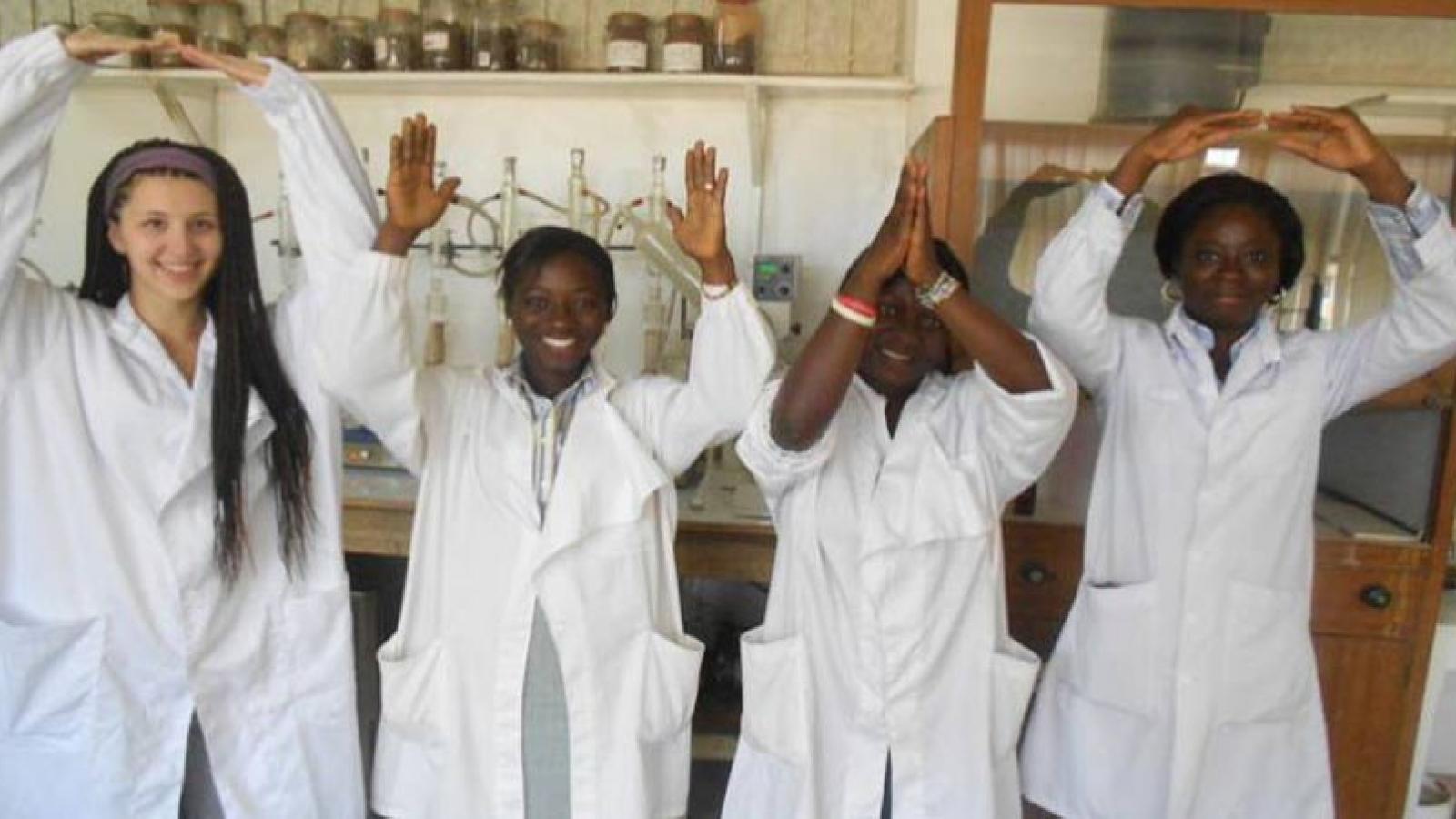Study of the Plight of the Smallholder Cocoa Farmer: A Case Study of Southern Regions in Ghana
Presenter(s): Carey Utz (International Relations & Ciplomacy, French)
Advisor(s): Prof. Robert Agunga (Food, Agricultural, and Environmental Sciences)
Project
Smallholder cocoa farmers, account for 70% of cocoa producers in Ghana. Cocoa is the main foreigh exchange earner for the country. Small-scale cocoa farmers producing at one-third their capacity which suggest that there is more room for improvement, thus increasing or even doubling their incomes and the quality of live of their farm families. Worldwide, cocoa is a $90 billion a year industry and although smallholder farmers account for the bulk of cocoa production hardly and research has focused on the circumstances under which these farmers live and operate. Thus study did just that. It took a comprehensive look at these farmers -- their socio-economic conditions, farming operations, and constraints limiting their productivity. A survey of 100 smallholder cocoa farmers in two regions in southern Ghana provided data for the study. Data analysis is still underway and the findings will be presented at the Undergraduate Research Converence. A cursory look at the data, however, reveals that these farmers lack access to basic necessities, such as clean drinking water, improved housing, access to electricity, and access to health care. They also lack access to extension services and information on ways they can improve their farming conditions. Therefore, a key to improving the quality of smallholder farmers in Ghana is providing greater access to extension services, credit, and social services. The author recommends that thte Ghana Cocoa Marketing Board (COCOBOD), which is responsible for attending to the needs of cocoa farmers, takes urgent measures to meet the needs of its smallholder farmer members as the key to incresing cocoa production in the country and improving the living conditions of these farmers.

